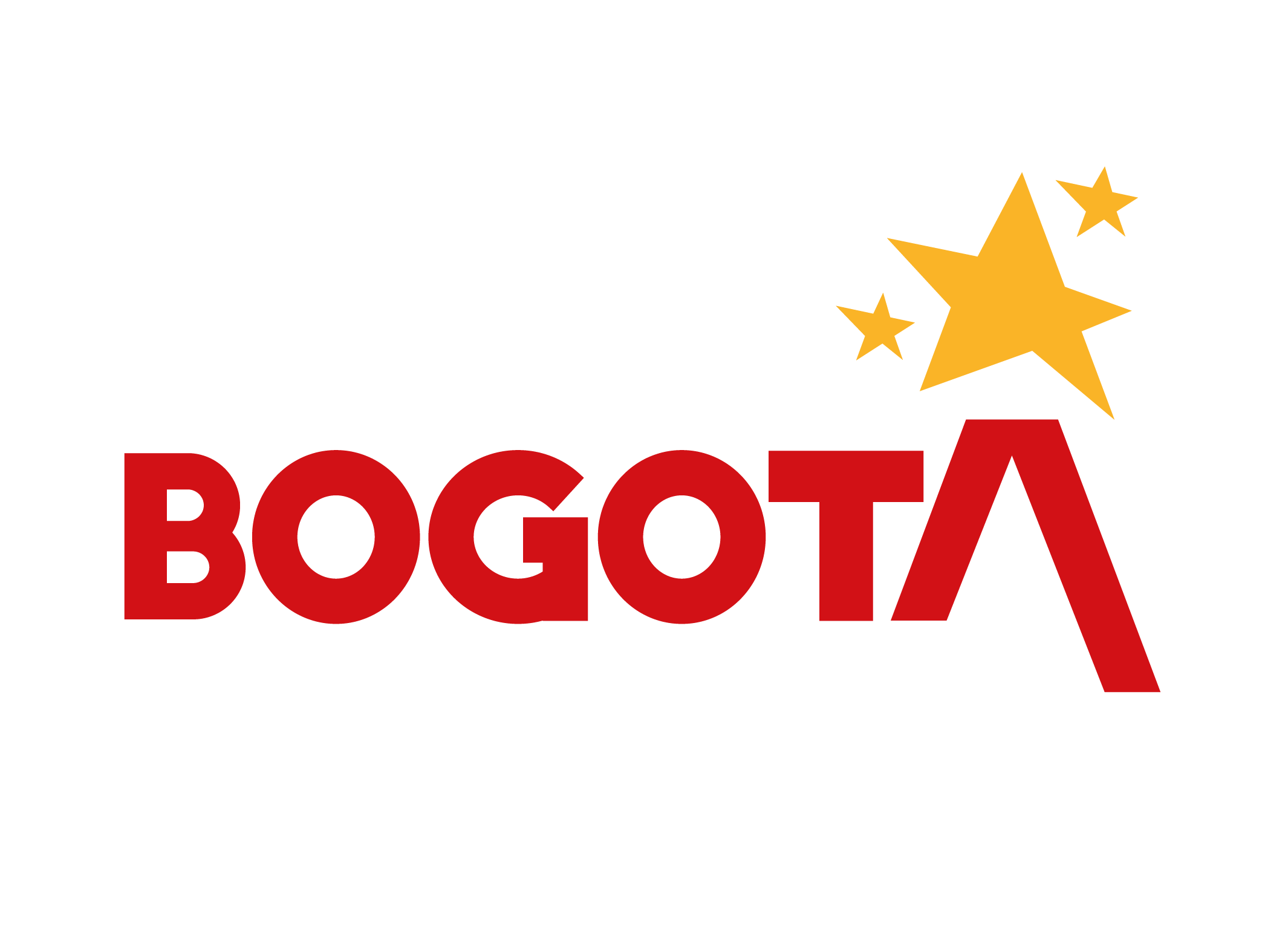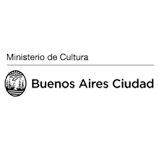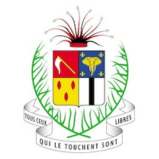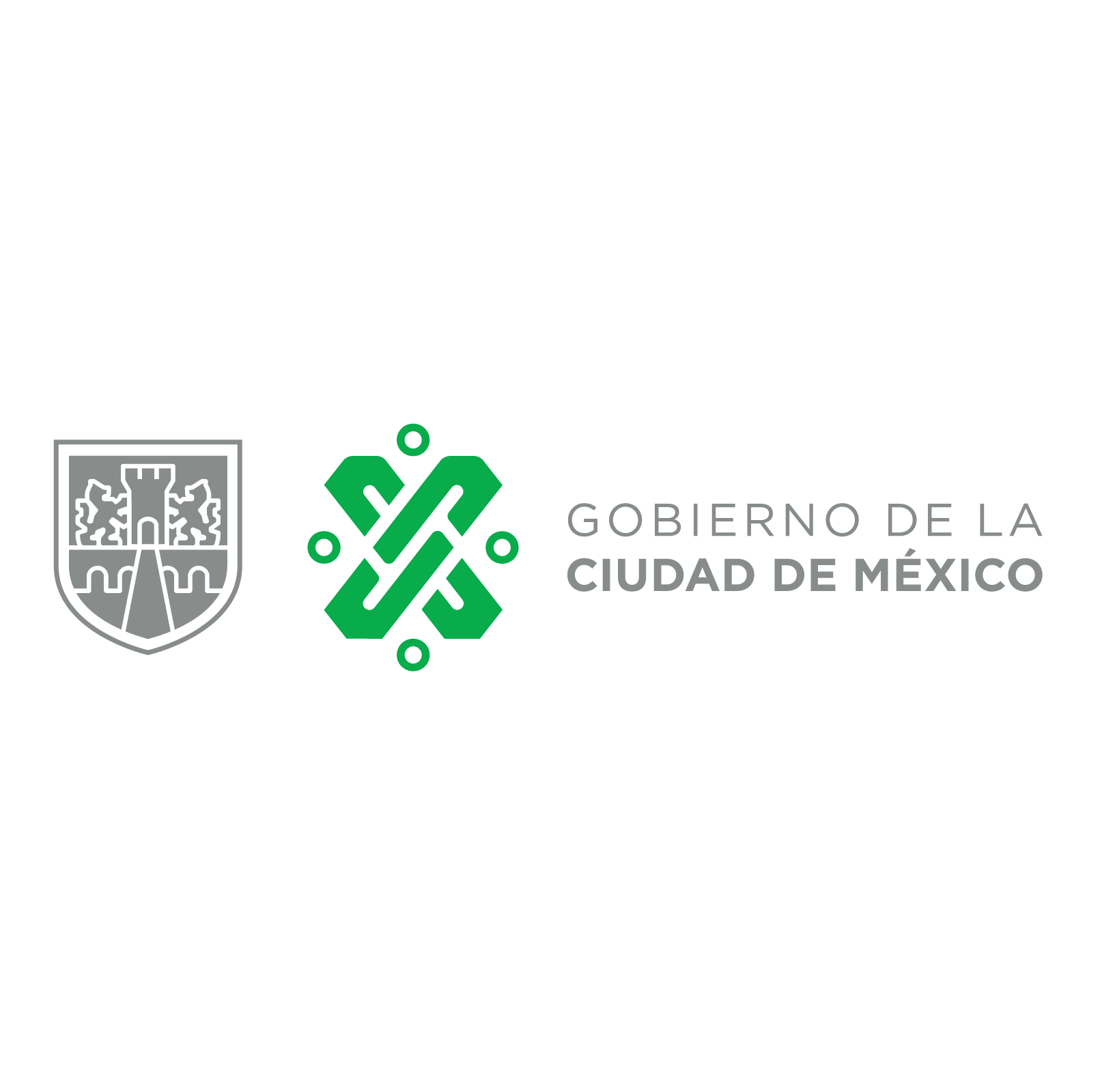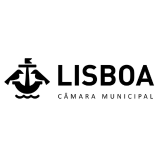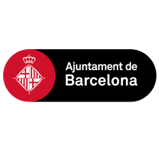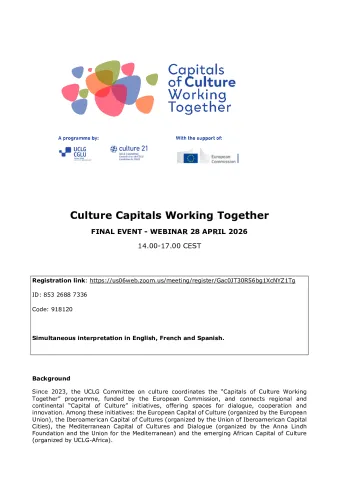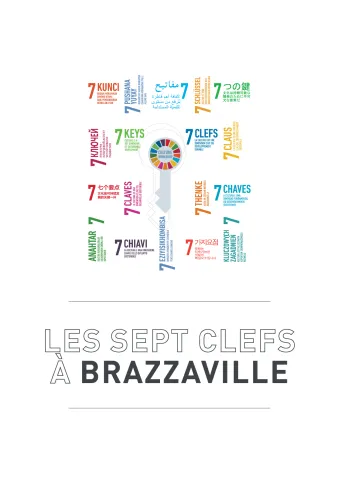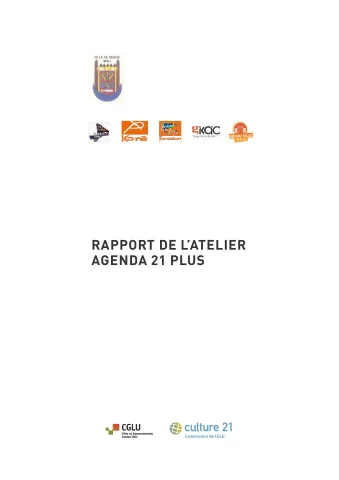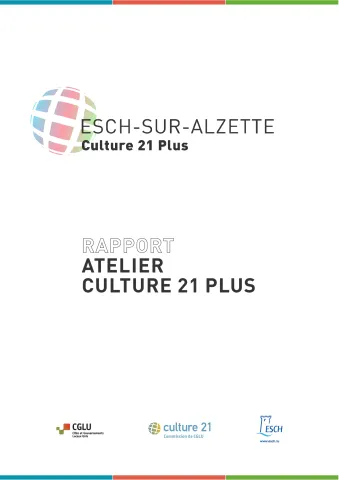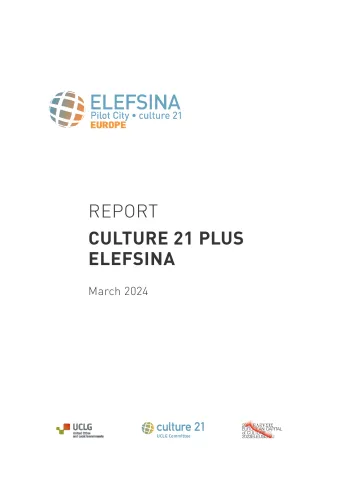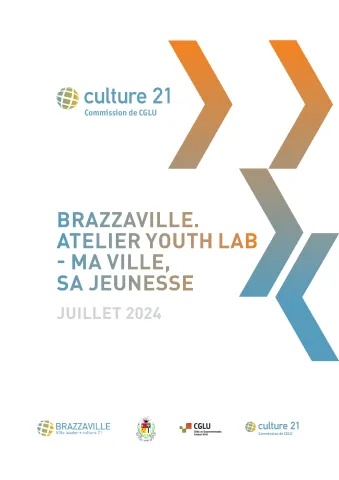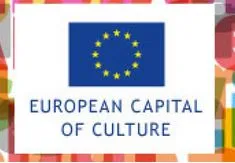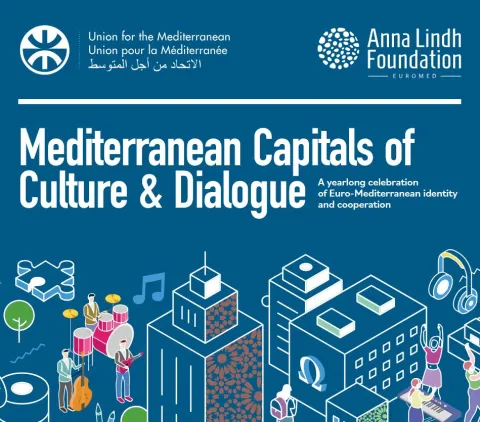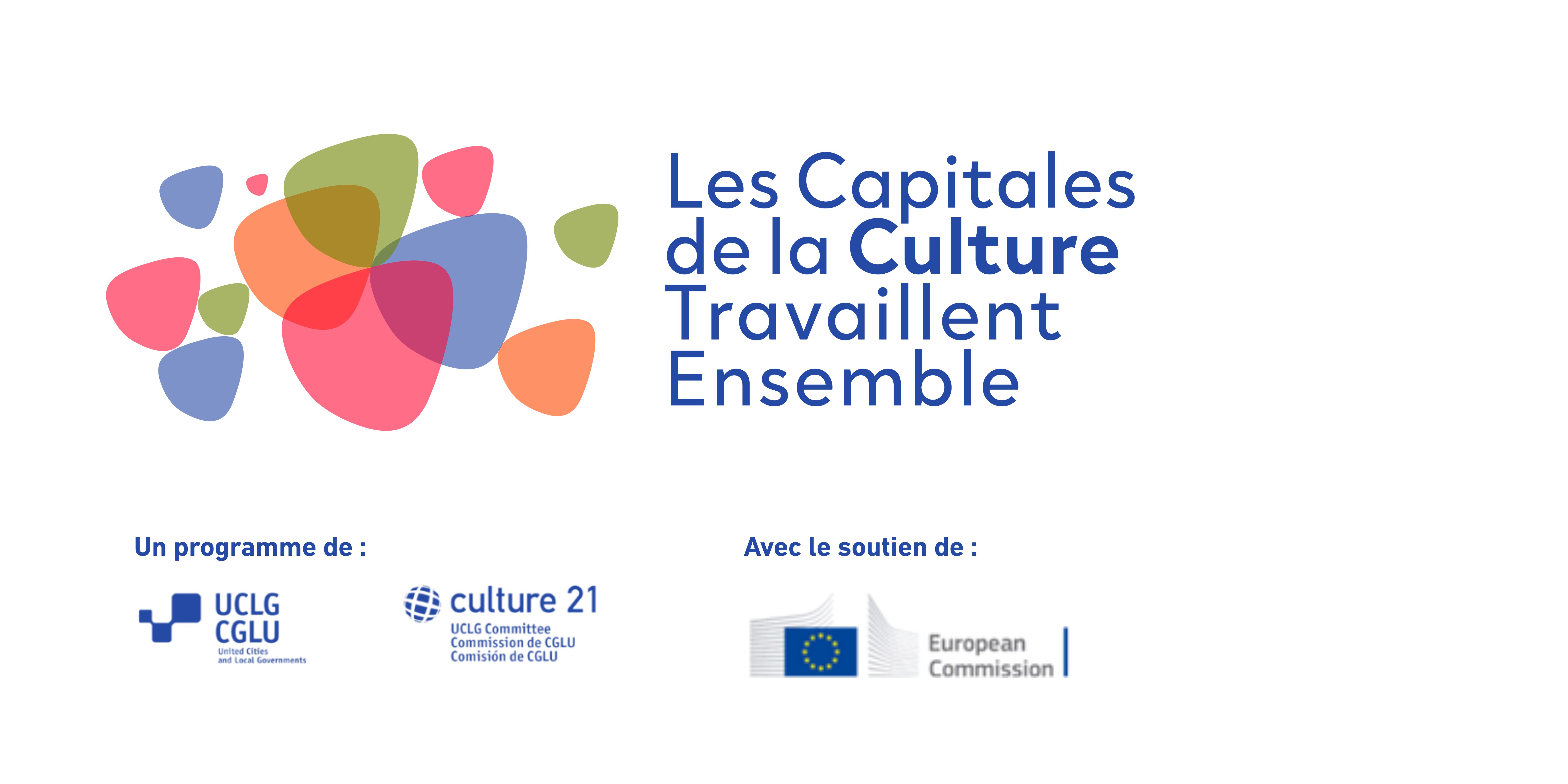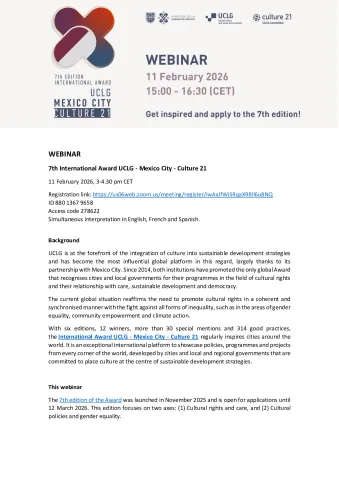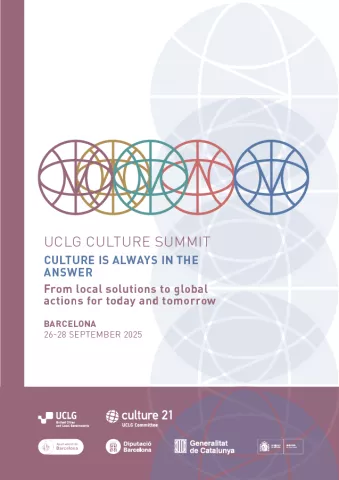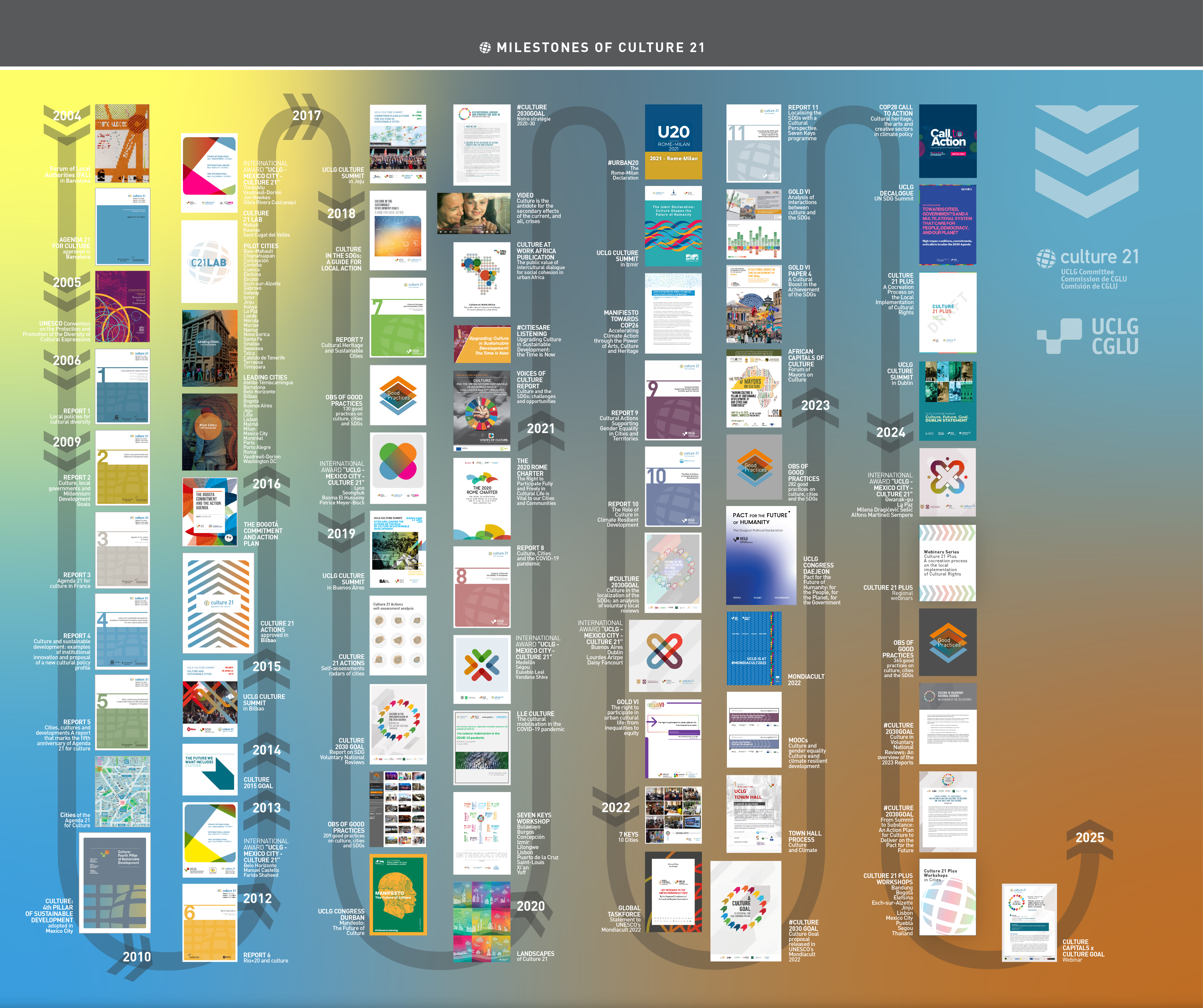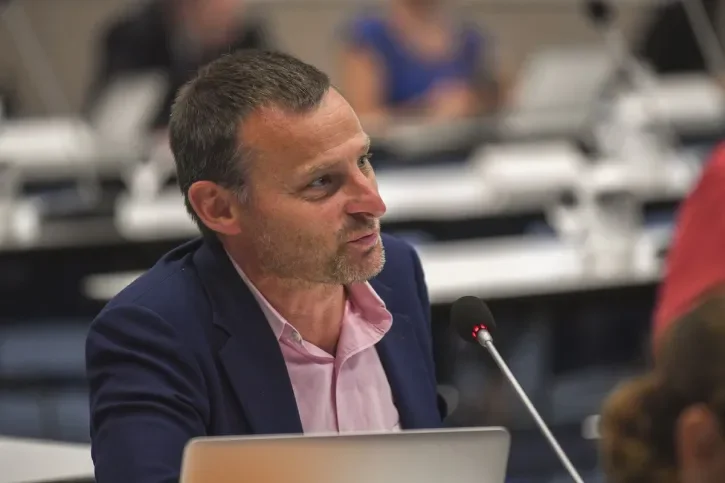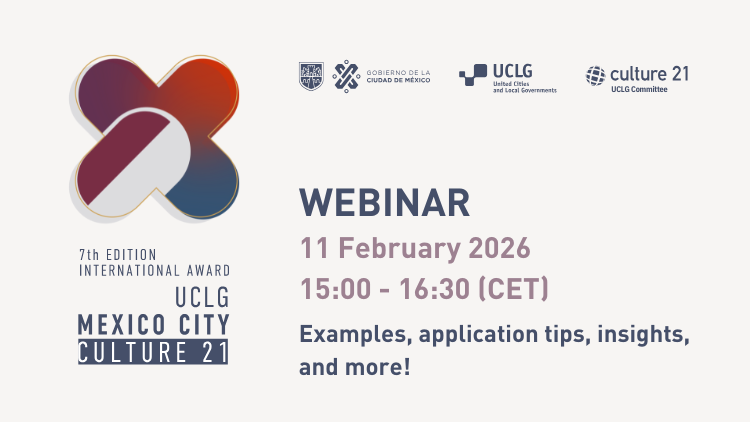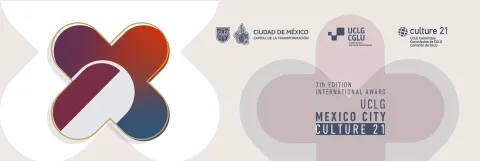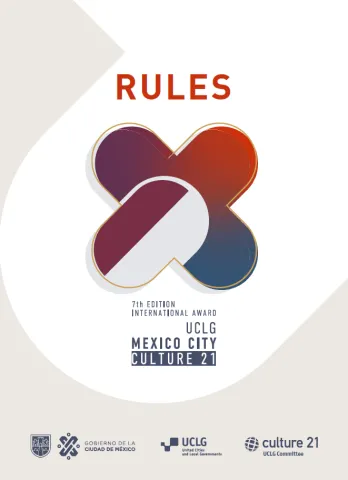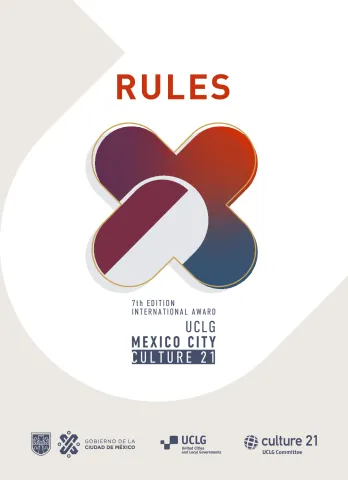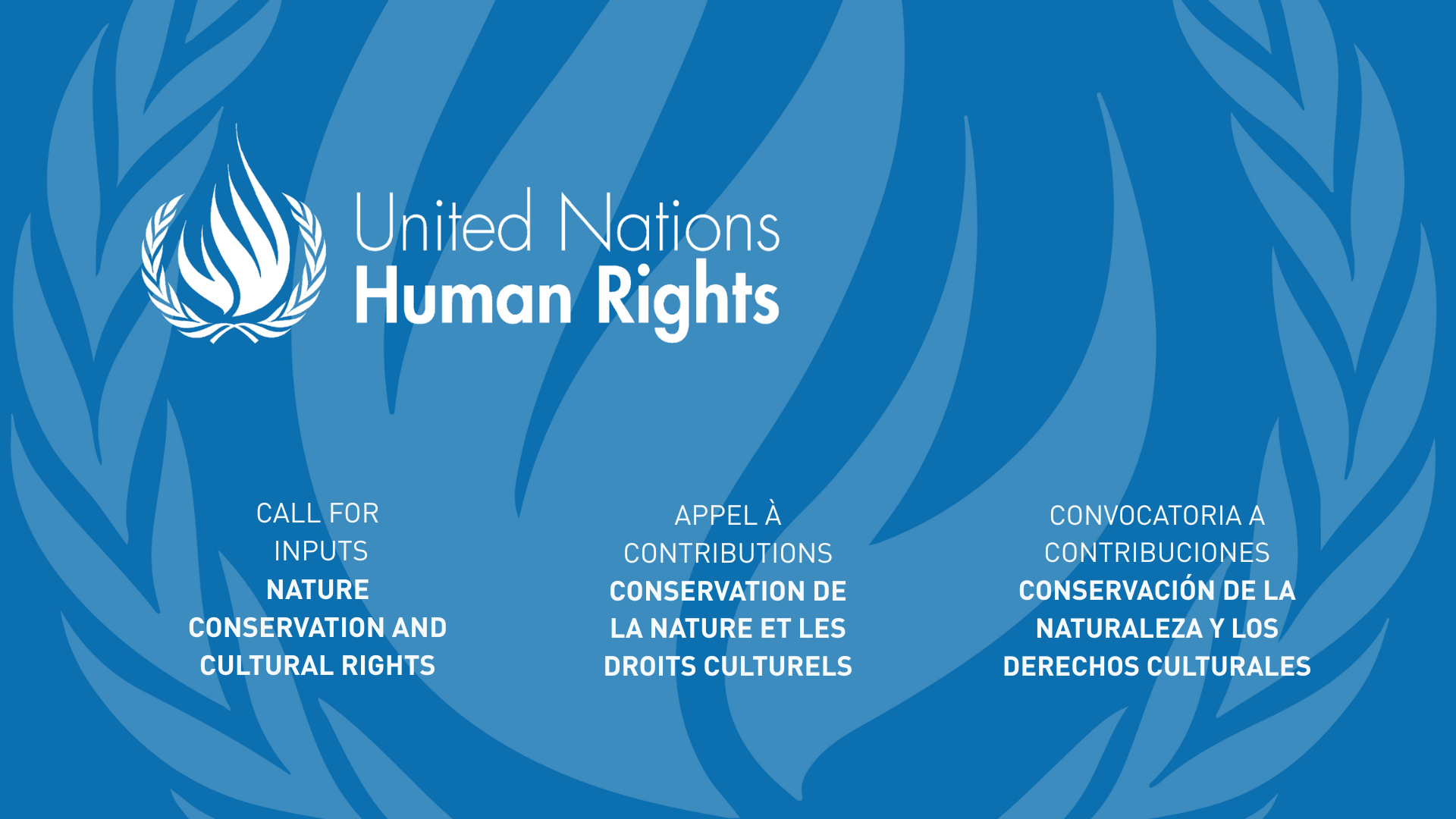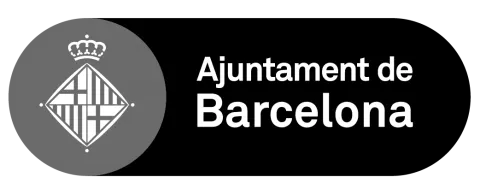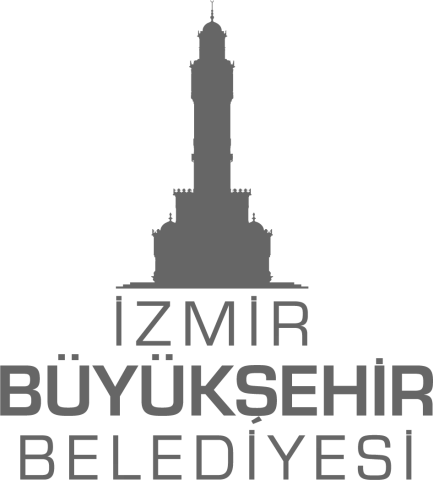The final event of the programme “Capitals of Culture Working Together” will take place on 28 April 2026. The event will involve all the partners of the programme, including UCLG-Africa, the Anna Lindh Foundation, the UCCI, the association Culture et Développement, the Culture 2030 Goal campaign, and the cities that are holding the "Capital title".
Capitals of Culture Working Together
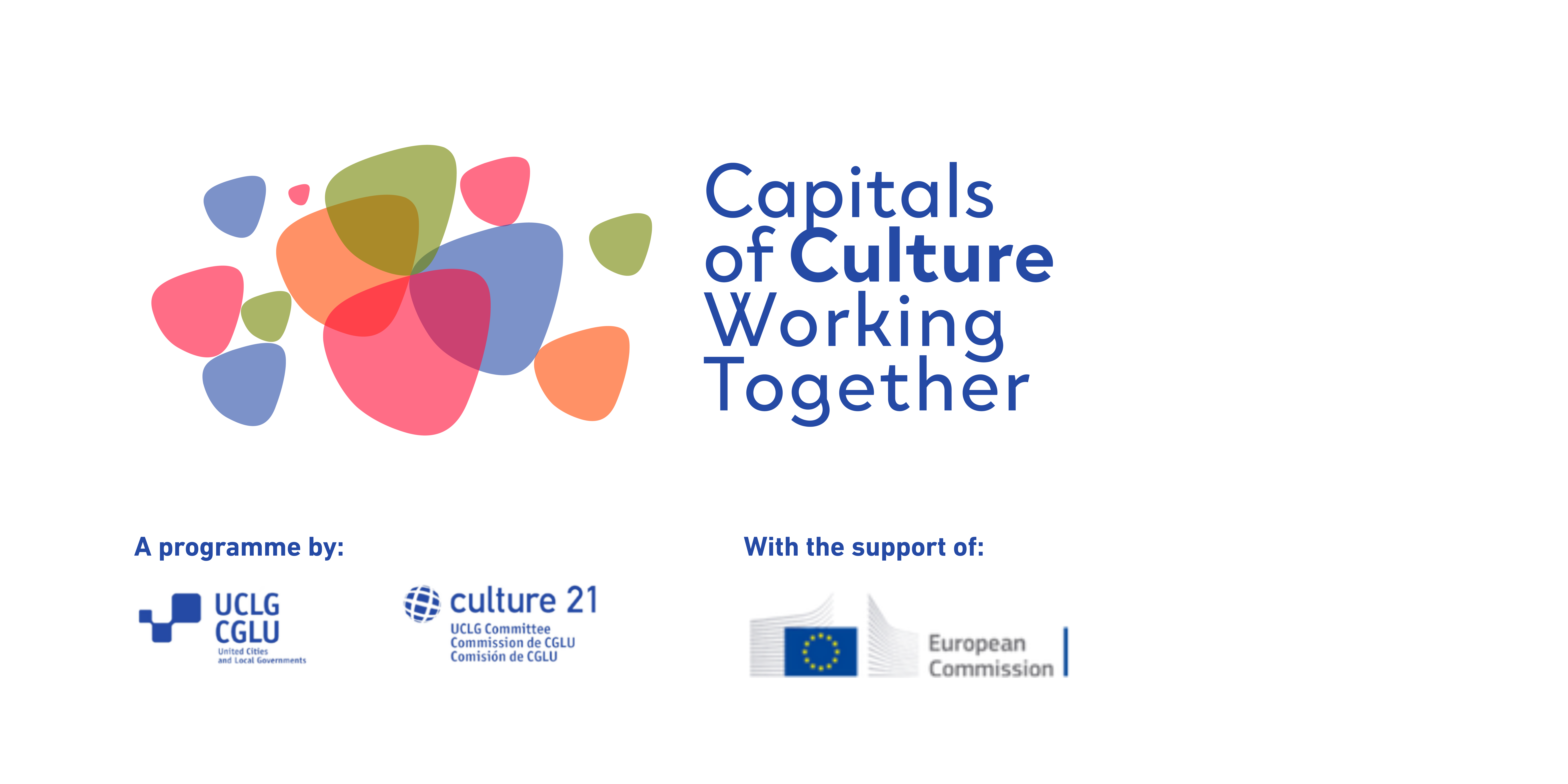
UCLG works globally to boost the conversation on culture in development. At least since 2017 (at the second Culture Summit), this aim includes the creation of synergies among Capitals of Culture. In 2023, the European Commission and UCLG signed an agreement to develop the programme “Capitals of Culture, Share, Learn and Advocate Together”.
The programme included: (a) capacity-building workshops and webinars, including the Seven keys, the Youth Lab and the Culture 21 Plus, (b) a structured methodology for a permanent “African Capital of Culture” initiative, (c) the connection with the global challenge through the Culture Goal, and (d) the participation of main actors in major international “City and Regions” Fora and events.
A final event will take place on 28 April 2026.
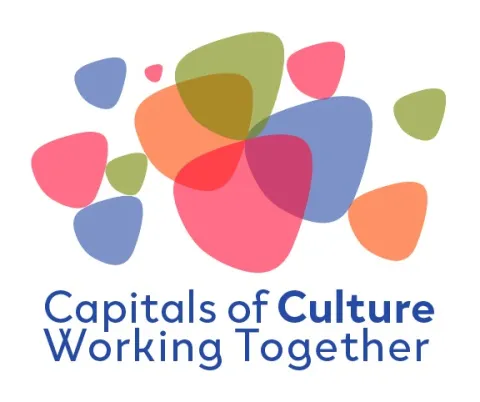
This is the dossier with the main elements for the consideration of Brazzaville as the Second African Capital of Culture

This is the proposal of the Terms of Reference for the third African Capital of Culture (final draft prepared by Valeria Marcolin, Culture et Developpement).

This is the Synthesis Note to the draft Terms of Reference, prepared by Valeria Marcolin (Culture et Developpement).
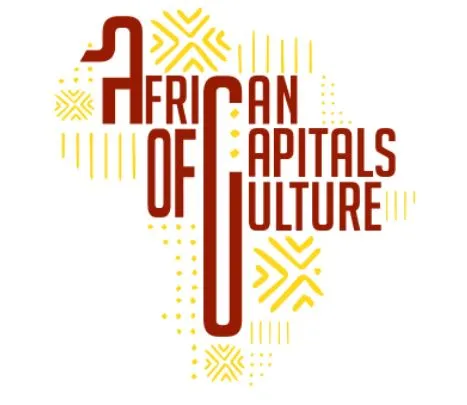
The first meeting of the Culture Committee of UCLG-Africa took place in Brazzaville in June 2025.

The second meeting of the Culture Committee of UCLG-Africa will take place in Nouakchott in March 2026.

This is the report "Capitals of Culture Engaging for the Culture Goal", written by Sylvia Amann.
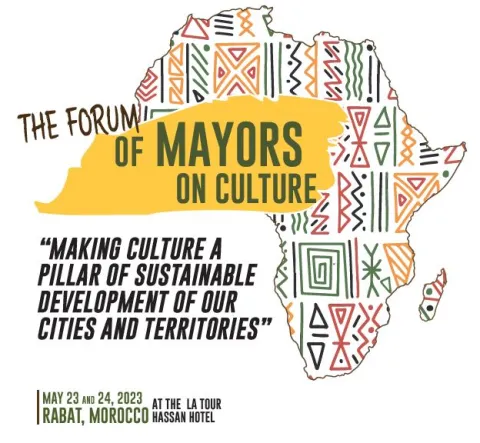
The first Forum of Mayors of the African Capital of Culture took place in Rabat in May 2023.
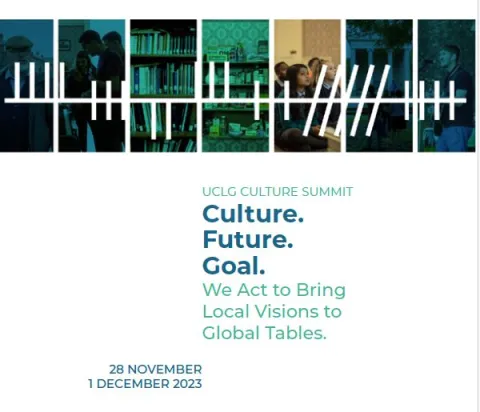
The UCLG Culture Summit in Dublin took place in November 2023.
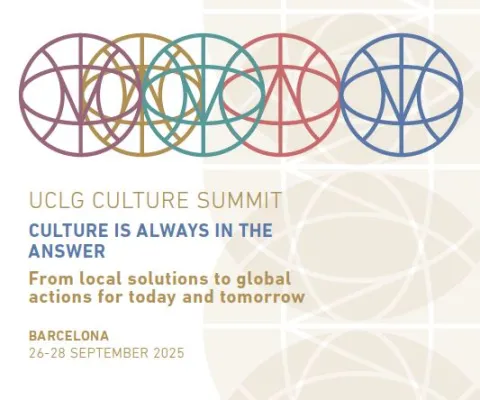
The UCLG Culture Summit in Barcelona took place in September 2025


